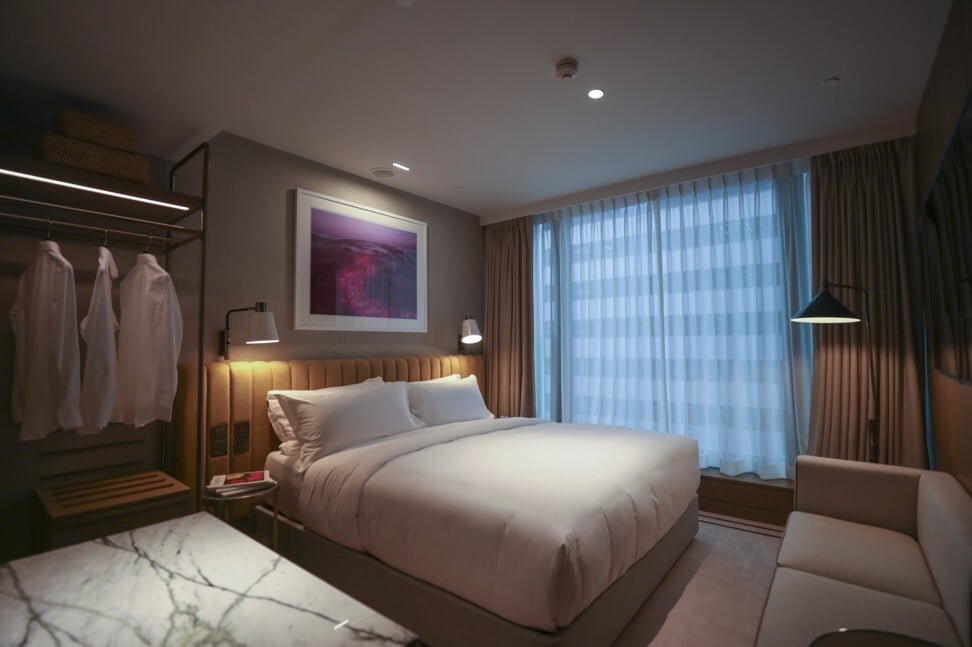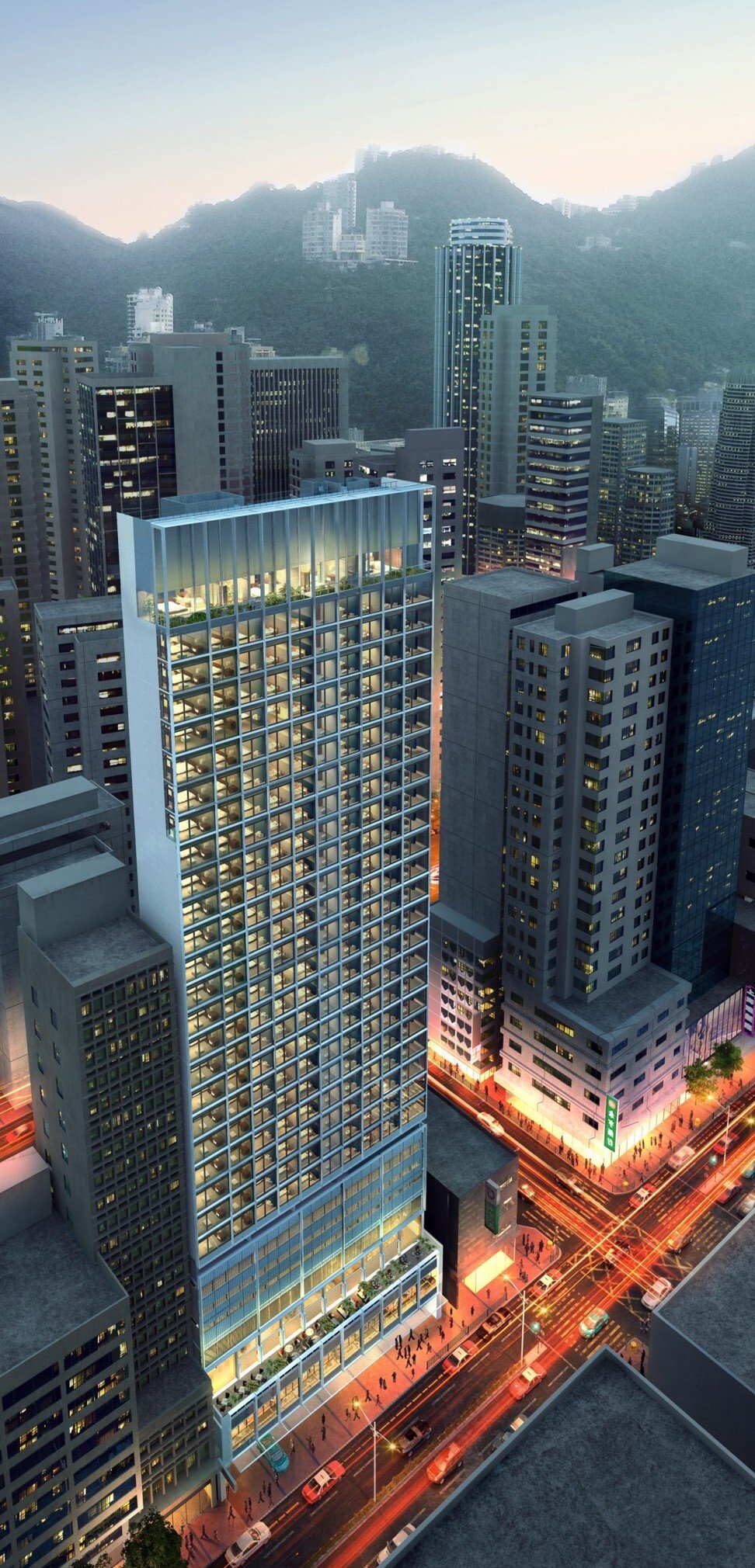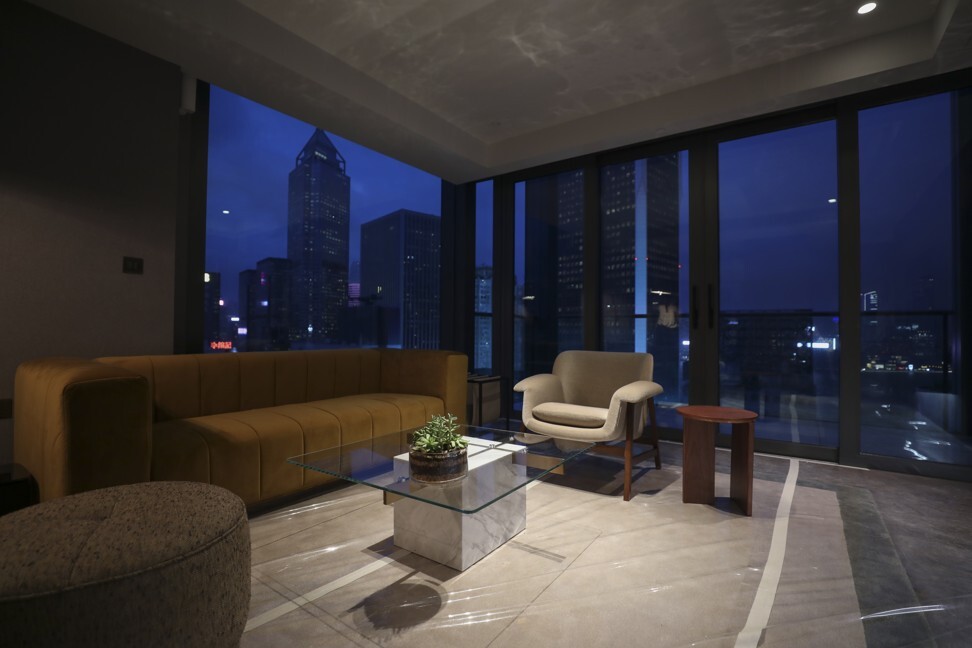
New Hong Kong hotel The Hari in Wan Chai: owner on target customers, technology and opening borders for tourists
- Aron Harilela talks about his hotel group’s latest property in Hong Kong, which has had a bumpy road to completion
- It comes with strong eco-credentials and the management emphasises employing locals of various ethnicities – now all it needs are customers

Aron Harilela is in high spirits. On December 12, after six years of scouting, building and designing, and more than a year of disruption caused by anti-government protests and a pandemic, he will finally open his latest hotel, The Hari Hong Kong, in Wan Chai.
“It’s been a long time coming,” says Harilela, chairman and CEO of Hong Kong-based Harilela Hotels, which operates 15 properties across three continents. “[But] I never thought about not going ahead with it. You have to see some light at the end of the tunnel, some chance for resolution – whether it’s social or economic, whether you like that resolution or not.”
Upscale, design-led and with impressive eco-credentials, The Hari on Lockhart Road looks to the future. The architecture comes with LEED (Leadership in Energy and Environmental Design) and BREEAM (Building Research Establishment Environmental Assessment Method) certification, while the 210 rooms, including three rather spectacular penthouse suites, were designed by British designer Tara Bernerd, who also fashioned The Hari in London.
The hotel has a sociable lobby lounge bar and two restaurants: Zoku, a Japanese establishment with a sweeping second-storey terrace; and Lucciola, which serves traditional Italian food in a modern setting.

The overall package seems positioned to attract a certain type of hip, affluent traveller.
“We didn’t aim for a specific demographic, but the DNA of the hotel is targeted towards a more… I don’t know what word people use nowadays… trendy, funky, fashionable clientele? People who dress well; people who like a little bit more style and elegance,” Harilela says.
That’s not dissimilar to the vision his father, the late Hari Harilela, had when he built the Holiday Inn Golden Mile, in Tsim Sha Tsui, in 1975. Whereas nowadays that hotel might be considered another big-brand property, its conception was groundbreaking.
“It’s a great story,” Harilela says. “My father was travelling in America with my mother and set up a meeting with Kemmons Wilson [the founder of the Holiday Inn chain] in Memphis, Tennessee. He told him, ‘I want to build a Holiday Inn in Hong Kong for you – and I want pillar-less ballrooms, I want marble in the lobby, I want a speciality restaurant, I want a swimming pool and 24-hour room service.’” It was a handshake deal that would modernise both the Hong Kong hotel scene and the Holiday Inn image, which was then perceived as a collection of three-star roadside motels.
How does Harilela think the hotel scene has changed since then?
“In my father’s time it was all chandeliers and marble – and back in those days you had to have these amenities to categorise a hotel, but I think that star system is a bit out of the window now. Hotels are very different from what they were before. If you’re in an urban hotel, the rooms are for the travellers and the public spaces are really for the local clientele. There has to be some consistency in the DNA, but you also have to think about a separation. Creating a space just for your in-house guests doesn’t make sense. You have to be local.”

Speaking of local, Harilela says he emphasised employing Hongkongers of different ethnicities before importing talent. The Hari Hong Kong also makes full use of technology for both the guest experience and the back end.
“For example, guest inventory is no longer filed in stacks in cupboards, it’s now in a cloud,” he says. “In the rooms, we have a voice-activated command system which you can use to switch on the television, order a burger, make it medium rare with no fries. It works in over 100 languages but it’s also an option; as some people have concerns about privacy, you can elect to have it on or off.”

It’s got the looks, the location and the eco-credentials, the only thing The Hari needs now is customers. How does Harilela imagine Hong Kong’s tourism industry – decimated by last year’s protests and this year’s Covid-19 – might recover?
“There’s no choice but to open the borders – some of the borders, not all of them. You have to balance the health of the community and the individuals who contract Covid with the economic life of people,” says Harilela, who was interviewed before the recent BioNTech/Pfizer announcement regarding promising vaccine trials.
And what next for The Hari brand? “We have two hotels and it was something I was certainly looking forward to expanding, but Covid has put everything on hold,” Harilela says. “It’s just not the right time to be buying – unless there’s some wonderful property at a great price that comes along.”